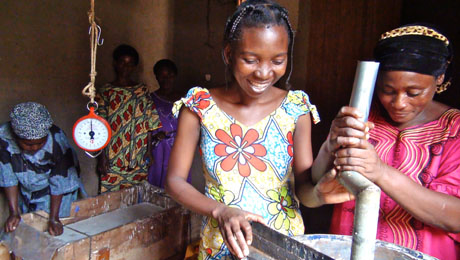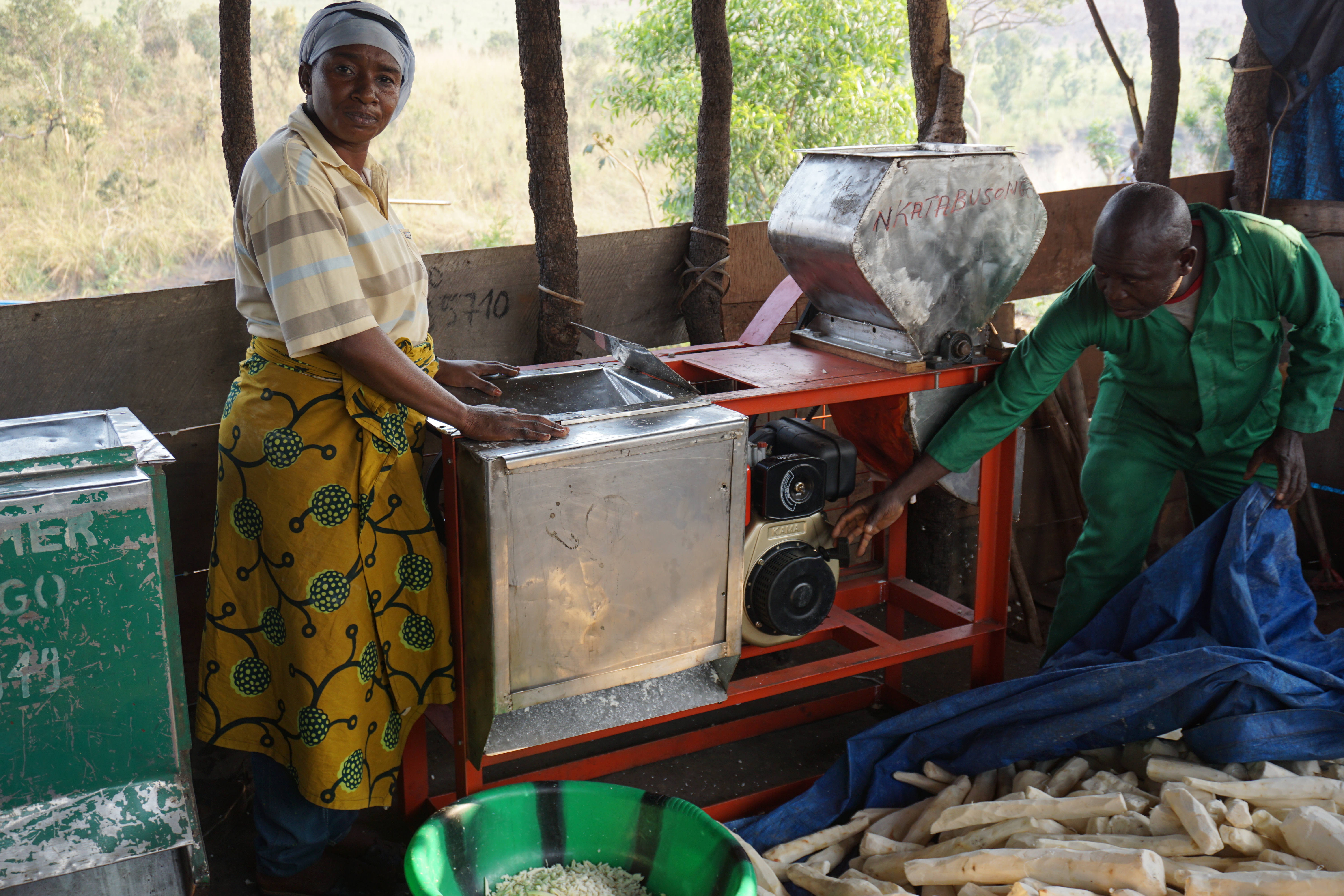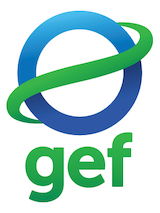Building Adaptive Capacity and Resilience of Women and Children in the Democratic Republic of the Congo
Building Adaptive Capacity and Resilience of Women and Children in the Democratic Republic of the Congo
Climate change and its effects on rainfall patterns and temperatures are exacerbating the vulnerability of rural communities in the Democratic Republic of the Congo. Women in particular, who represent 60% of agricultural labourers and 73% of farmers, and produce 80% of food crops for household consumption, are at risk. Several dynamics make their adaptation more difficult such as lack of access to formal education, economic poverty, food insecurity, limited access to resources, etc. These inequalities increase women’s vulnerability to harmful climate change impacts while limiting their options for coping and adaptation.
The GEF-LDCF funded project, Building Adaptive Capacity and Resilience of Women and Children in the Democratic Republic of the Congo, seeks to support women and children through a community-centred approach to adopt and adapt livelihood strategies in innovative ways based on current and future climate changes scenarios.
Project Overview
Climate change and its effects on rainfall patterns and temperatures are exacerbating the vulnerability of rural communities in the Democratic Republic of the Congo. Women in particular, who represent 60% of agricultural labourers and 73% of farmers, and produce 80% of food crops for household consumption, are at risk. Several dynamics make their adaptation more difficult such as lack of access to formal education, economic poverty, food insecurity, limited access to resources, etc. These inequalities increase women’s vulnerability to harmful climate change impacts while limiting their options for coping and adaptation.
The GEF-LDCF funded project, Building Adaptive Capacity and Resilience of Women and Children in the Democratic Republic of the Congo, seeks to support women and children through a community-centred approach to adopt and adapt livelihood strategies in innovative ways based on current and future climate changes scenarios.
Project Details
More Information to come...
Key Results and Outputs
The project has two main components with the following outcomes –
- Climate resilient diversification practices to secure communities livelihoods including the development of profitable climate resilient alternative livelihoods involving aquaculture, livestock and agriculture products by women groups to increase sources of revenue and improve family nutrition (Outcome 1.1); Installation of at least 200 unsophisticated food processing units (oil presses, presses and grated cassava, husking machines and millers, etc.) and fish conservation units by women's groups (Outcome 1.2); Production and distribution of certified adapted varieties of at least 400 seeds multipliers through support of 50 women groups (Outcome 1.3); Provision of 4 automated agro-meteorological stations and 400 rain-gauge for tailored agro-meteorological information (Outcome 1.4) and; Installation of small scale water saving technologies and distribution systems in high climate risks zone (Outcome 1.5)
- Development of key capacities for undertaking climate resilient activities including training and engagement of women's groups in food processing, processing technology, maintenance of units, rural finance, marketing and organization strategies (Outcome 2.1); Engagement of women’s groups in adapted seeds production and diversification, soil fertility and water management activities (Outcome 2.2); Extending support to nearly 10 rural radio stations and 100 community volunteers as well as producers and staffs from extension services to analyse, interpret, produce and disseminate climate and weather information (Outcome 2.3) and; Establishment of community learning mechanisms through website, technical papers, video, technical forums, and other relevant media/social networks (Outcome 2.4).
Programme Meetings and Workshops
More Information to come...
Reports and Publications
PIFs
Democratic Republic of the Congo – LDCF Project on resilience of Women and Children Project Identification Form
Monitoring and Evaluation
More Information to come...
Links
Contacts
- At least 400 seeds multipliers and 50 women groups supported to produce and distribute certified adapted varieties in communes around INERA stations ($500,000);
- Community learning mechanisms established and experiences shared through website, technical papers, video, technical forums, and other relevant media/social networks ($ 200,000)
- Relevant and profitable climate resilient alternative livelihoods involving aquaculture, livestock and agriculture products, developed by women groups to increase sources of revenue and improve family nutrition ($700,000);
- At least 200 unsophisticated food processing units (oil presses, presses and grated cassava, husking machines and millers, etc.) and fish conservation units installed by women's groups to support agricultural production and increase sources of income ($1,000,000);
- At least 4 automated agro-meteorological stations and 400 rain-gauge provided for the provision of tailored agro-meteorological information and securing productions from climate risk ($500,000);
- Small scale water saving technologies and distribution systems installed in high climate risks zone to support the production of adapted seeds and climate resilient livelihoods activities ($800,000)
- Women's groups, engaged in food processing, trained by the Rural Development Department, NGOs and micro-finance institutions in identifying growth areas, processing technology, maintenance of units, rural finance, marketing and organization strategies, etc. ($ 300,000);
- Seed-multipliers and women's groups, engaged in adapted seeds production and diversification activities, trained by the Hydraulics Department, INERA, SENASEM and SNV for the production, certification and distribution of seeds adapted; and soil fertility and water management ($ 200,000)
- Nearly 10 rural radio stations and 100 community volunteers as well as producers and staffs from extension services trained and supported by METTELSAT to analyse, interpret, produce and disseminate climate and weather information (bulletins, agricultural calendars, agro-meteorological data) ($ 300,000);"




